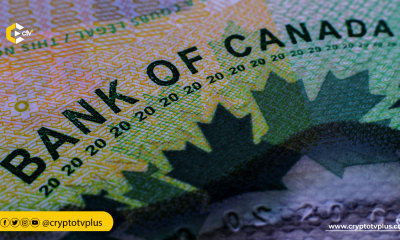News
Pakistan moves to launch a CBDC in 2025

As part of plans for Pakistan, the Pakistan Central Bank on Monday announced it has launched laws for Electronic Money Institutions (EMIs). The law is geared towards issuing a Central Bank Digital Currency (CBDC) by 2025, as stated by the State Bank of Pakistan’s Deputy Governor, Jameel Ahmed.
The purpose of the move is to promote financial inclusion and bring corruption to a minimum. However, the Pakistan currency will remain the same and wouldn’t be like a cryptocurrency, the SBP spokesman, Abid Qamar, said.
The State Bank of Pakistan (SBP) is to license EMIs, and non-bank entities, to facilitate the issuance of e-Money for enabling digital payments.
The CBP-issued regulation was designed with the help of the World Bank and also seeks to cover necessities such as “outsourcing activities, anti-money laundering and counter-terror financing measures, consumer protection, complaint handling mechanism, oversight, and regulatory reporting.”
Pakistan Finance Minister Asad Umar emphasized, “cybersecurity was a growing threat,” and there is a need to safeguard financial institutions. He referred to the launch of EMI as one that would bring change and promote e-Commerce, then enhance the building of a digital economy.
Stakeholders in trade and commerce will be empowered by the new category of institutions and the complementary efforts of the government, the Finance minister affirmed. He further mentioned that the move “will help businesses improve their productivity and contribute toward positioning the nation for global competition.”
The SBP Deputy Governor said the regulation is towards a commitment to openness and technology integration in the country’s financial system. He also mentioned that “the SBP is transforming itself into a modern, digital and technology-oriented bank.”
As analyzed by financial experts and disclosed by an Arabian media outlet, the CBDC plans will help Pakistan achieve financial inclusion, particularly in the country’s rural sector. Also, it will help small and medium-scale businesses and rural farmers gain access to financial instruments. Via these regulations, the authorities have enabled a wider base of the population access to digital payment systems, one of the financial analyst experts said.
The expert also said that a non-foreign business model that will accommodate the local market and education to the local masses on the development would be a point to consider.
Read also;
Malta plans to exclude NFTs From Crypto Law
What do you think of this article? Share your comments below.

























1 Comment